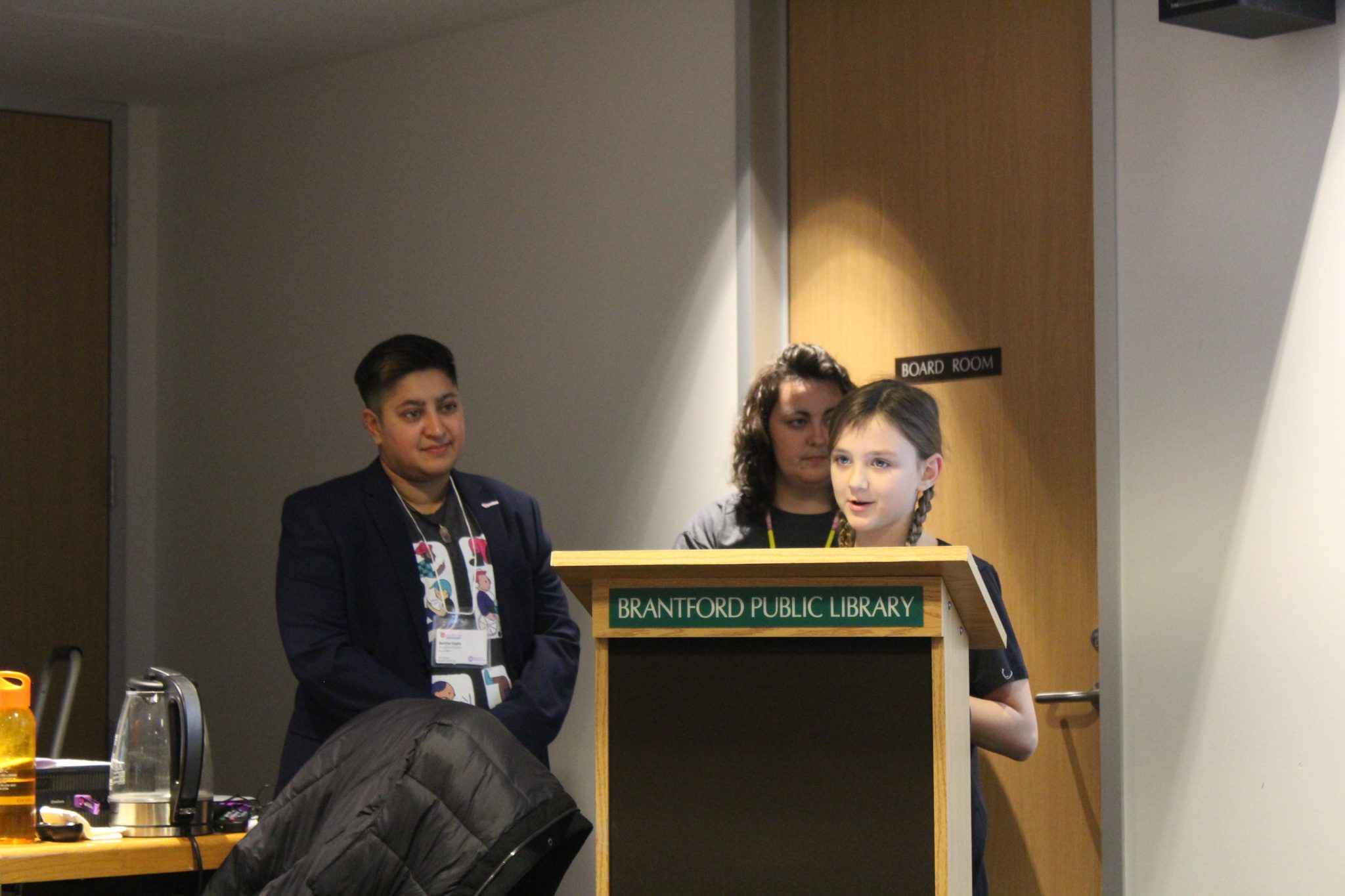Justin Smirlies – The Cord (WLUSP)
Labour negotiations between faculty and Wilfrid Laurier University broke down late Thursday night, as the Wilfrid Laurier University Faculty Association (WLUFA), the union that represents full-time faculty members, filed a “no board” report to the Ontario Ministry of Labour.
According to Kevin Crowley, the director of communications at WLU, a “no board” report notifies the government when the faculty can legally strike. For this situation in particular, there is now a “deadline” of 17 days.
If the report is issued next week, WLUFA will have the ability to legally go on strike early March.
“The ‘no board’ report is part of the collective bargaining process. In the past, the university has evoked that,” explained Crowley. “It does bring some urgency on the need to get the deal done quickly, we would like to get it done quickly.”
Although this does not guarantee a strike or a lockout, it does create a higher sense of urgency for the situation. Judy Bates, the president of WLUFA and a geography professor at Laurier, said that a mediator has been hired.
For the past month, the faculty and university administration have been using the assistance of a conciliator.
“So there will be a mediator to bring the two sides together, to continue to negotiations,” said Bates. “And the mediator has a stronger role to play, usually to try to push the two sides to an agreement.”
The filing of the “no board” report comes one day before the booths were closed for WLUFA’s strike vote, which closed Friday at 3 p.m. Bates confirms that 91 per cent of faculty voted in favour of striking.
“We anticipate, this is our goal, to reach a negotiated settlement, we will be at the table as long as we can to get a negotiated settlement, [but] there is a clock running down once the “no board” report has been received by the ministry,” Bates added. “We anticipate in early March we can either be locked out or in a legal strike position.”
Since negotiations have started between the two parties, debate and discussion have specifically revolved around the ailing pension plan and faculty salaries, the latter relating directly the implementation of a separate teaching stream.
To Bates, though, the professor salaries at WLU, compared to those at other universities, are too low.
“We came to the table with our desire for compensation, in particular, as you may or may not be aware, in comparison of other universities [in Ontario], in which there are 16, we lie in terms of our comfortable pay, in 14th position,” Bates asserted.
Crowley, and most of the administration at Laurier, think otherwise. “They [WLUFA] have a different point of view, but our numbers show that Laurier faculty salaries are right in the middle of the pack,” he said.
While a strike is not set in stone, if one wereto occur, it could have a substantial effect on students, especially those who are graduating or have jobs lined up after the semester ends.
“We obviously hope that the effect on students would be minimal, if we did have to resort to a strike – obviously that’s not our goal – the university would come to its senses quickly and we would reach a negotiated settlement quickly,” asserted Bates.
Lesley Cooper, the Vice-Principal of Laurier Brantford, was quick to assure students that the university will do all in its power to prevent an effect on students.
“If [WLUFA] does call a strike, the University will do everything possible to minimize the disruption it has on students,” Cooper said.
Both parties will continue negotiations later next week after a mediator is hired. Though negotiations are taking longer than usual, both parties maintain that their goal is to reach a negotiated settlement soon.
“The university doesn’t want a strike. We want to keep talking, and we want to get a deal done,” Crowley said.
-With files from Kyle Brown and Justin Fauteux.



